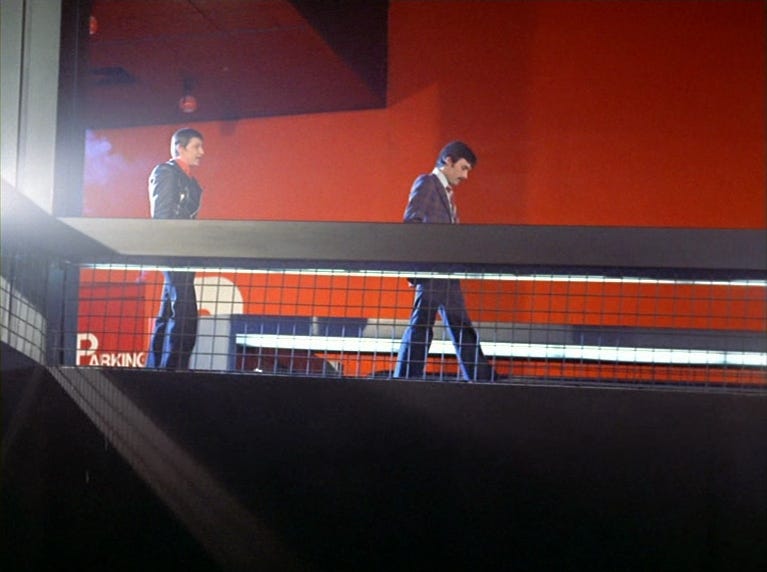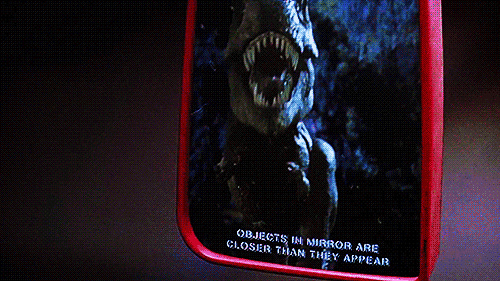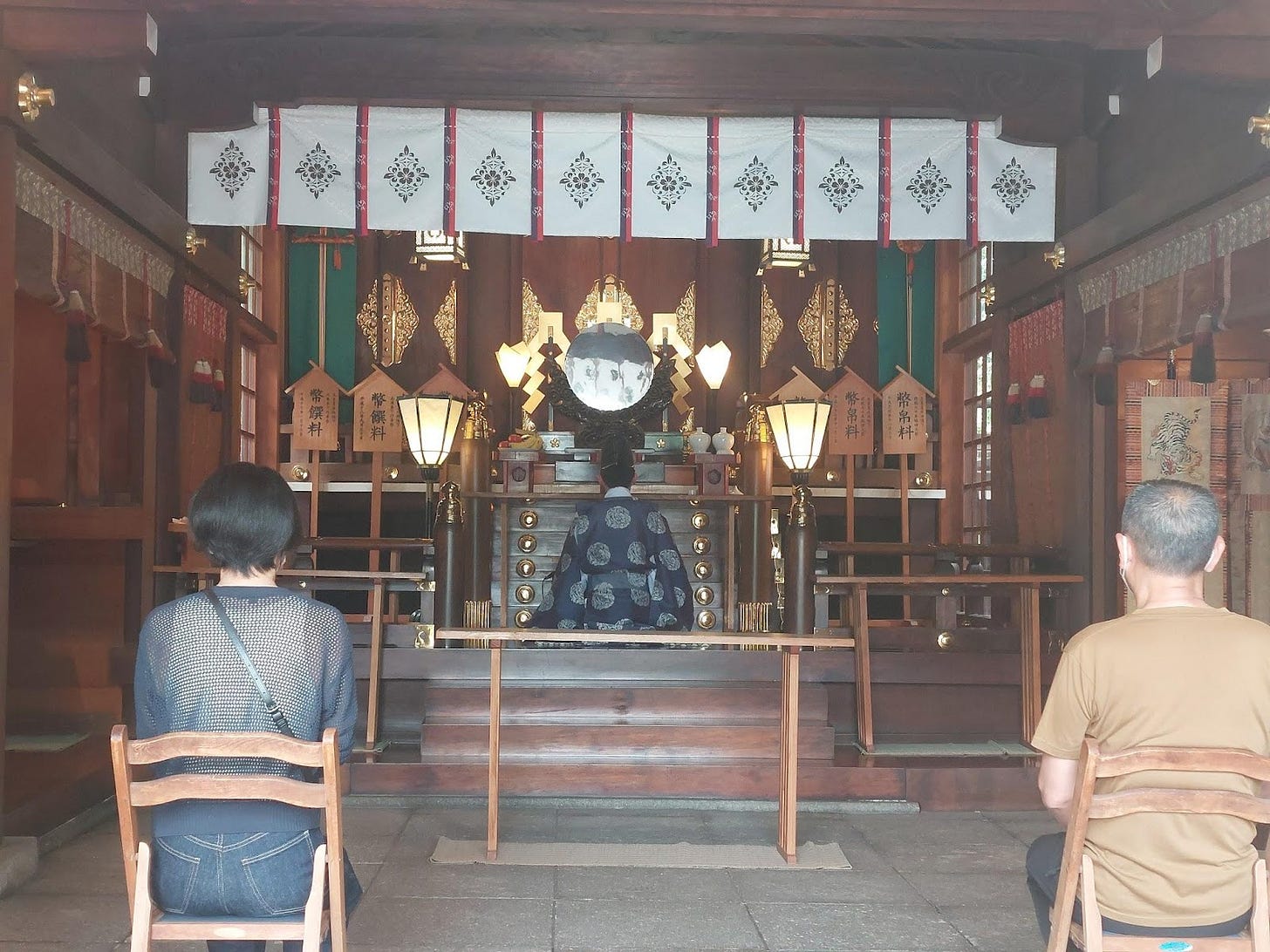God Under the Skin
Six notes for July
I.
Fox and His Friends (R.W. Fassbinder, 1975) is a cruel inversion of the classical woman’s melodrama in the vein of Martha (1974, also R.W Fassbinder). The central character, an ex-carnival performer doomed to flounder hopelessly in a circle of upper-class gay men, is named after Franz Bieberkopf, the protagonist of Doeblin’s Berlin Alexanderplatz. Fassbinder would later adapt the novel into a heroically long film: fourteen hours of plot, one hour of orgiastic fantasy which echoes Bosch and Bruegel and prefigures Blond Ambition.
The approximate female equivalent of Franz Bieberkopf is Hannah Horvath, Lena Dunham’s self-insert character on Girls. She may be de facto leader of her social group (this is Carrie Bradshaw’s influence from the decade previous) and she may seek and eventually gain artistic redemption (this is Joan Didion, Miranda July, etc). She is still a Franz - lost in the city.
Franz Bieberkopf endures all of these incarnations and settles over the years into a sort of modernist stock role, like Pierrot or Pantalone. His comedy is black and believable but no less routine: the trials of emerging from some insular preserve of the previous century, like a prison or university or carnival, into a city with no paths or meanings or mores. Of being used for sex or money or politics but with the lines blurring further and further until you no longer know who’s using who. Of urban naivety leading, as predictably and rhythmically as a Belloc cautionary tale, into disaster.
II.
In Japan. I try to justify the cost of my train pass by going to Hiroshima. The streets are clean, wide, modern, and oddly empty, filled with pent-up tension that arcs right above the Hiroshima Peace Memorial - the only building to survive the A-bomb. In the museum are personal effects upon personal effects from the bomb’s victims: school uniforms, a colourful 1940s dress, a blackened tricycle. A child’s bento box of carbonised tofu and rice reminds me of the loaves of black bread found at Pompeii. Suddenly there is no difference at all between eighty years and two millennia. Similar to what is happening now on the news - two parallel Titanics, a great Lawrencian force of earth or water or fire rising at intervals to calmly destroy a cross-section of civilisation. Then another wave of guilty and gory fascination. It rains furiously when I leave the museum, but the streets are too slippery to run back to the station. No mention was ever made inside of why the bomb was dropped in the first place. I message my history-fiend friend about this and she sends me all the details of Unit 731.
Weird to be travelling alone, because every memory of this trip is purely mine. Any little detail I forget really would be lost. I can’t stop taking pictures. None of myself.
III.
Taipei’s best-kept secret, Lihe Ecological Park:
I rented a room in an illegal sixth-floor roof conversion in Lizhong, a small district on the outskirts of Taipei. I don’t regret living in Lizhong because it was right on the juncture of the city and a subtropical forest. I knew chalk hills and oak trees, but I wasn’t used to enormous leaves and misted descents and clearings erupting with hundreds of butterflies. In my happiest moments I wish a Taiwanese nature walk on everyone in the world. A ten-minute walk from me there was Fuyang Park, which turned into Lihe Park, which is where the photo above was taken: looking from the central Taipei direction onto semi-rural Xinhai. I’m curious about the animals in that huge untameable forest, and also the lives of the people in the skyscrapers.
Here is the view onto the Taipei skyline…
And the same view after dark.
IV.
One of the best original soundtracks I’ve ever heard, written for an Italian documentary that is apparently lost. Many such cases!
V.
I thought I was anti-Spielberg and then I watched Jurassic Park and Jaws, two films that could have come from the mind of D.H Lawrence, had he not died in 1930 and hated the cinema. Spielberg’s sentimentality grates when over-applied, as in A.I. but works perfectly well when juxtaposed with something monstrous from the furthest reaches of natural history or the darkest depths of the ocean. My secret plan where I write a blockbuster adaptation of The Woman Who Rode Away? Deliciously affirmed…
VI.
I saw a Shinto ceremony in Himeji. The altarpiece, a circular mirror standing for the kami (spirit), continues to fascinate me. In the polished films of Ophuls and his Hollywood followers, the mirror was half magpie-style set decoration and half a visual pun, reflecting the homosexual ‘invert’ in a literal sense. As in the Germanic Grimm idiom, the shinto mirror itself is sometimes a container for the divine, a gate between two worlds containing pure truth. Magic mirror on the wall, etc.









Hello from the girls and gays sub!